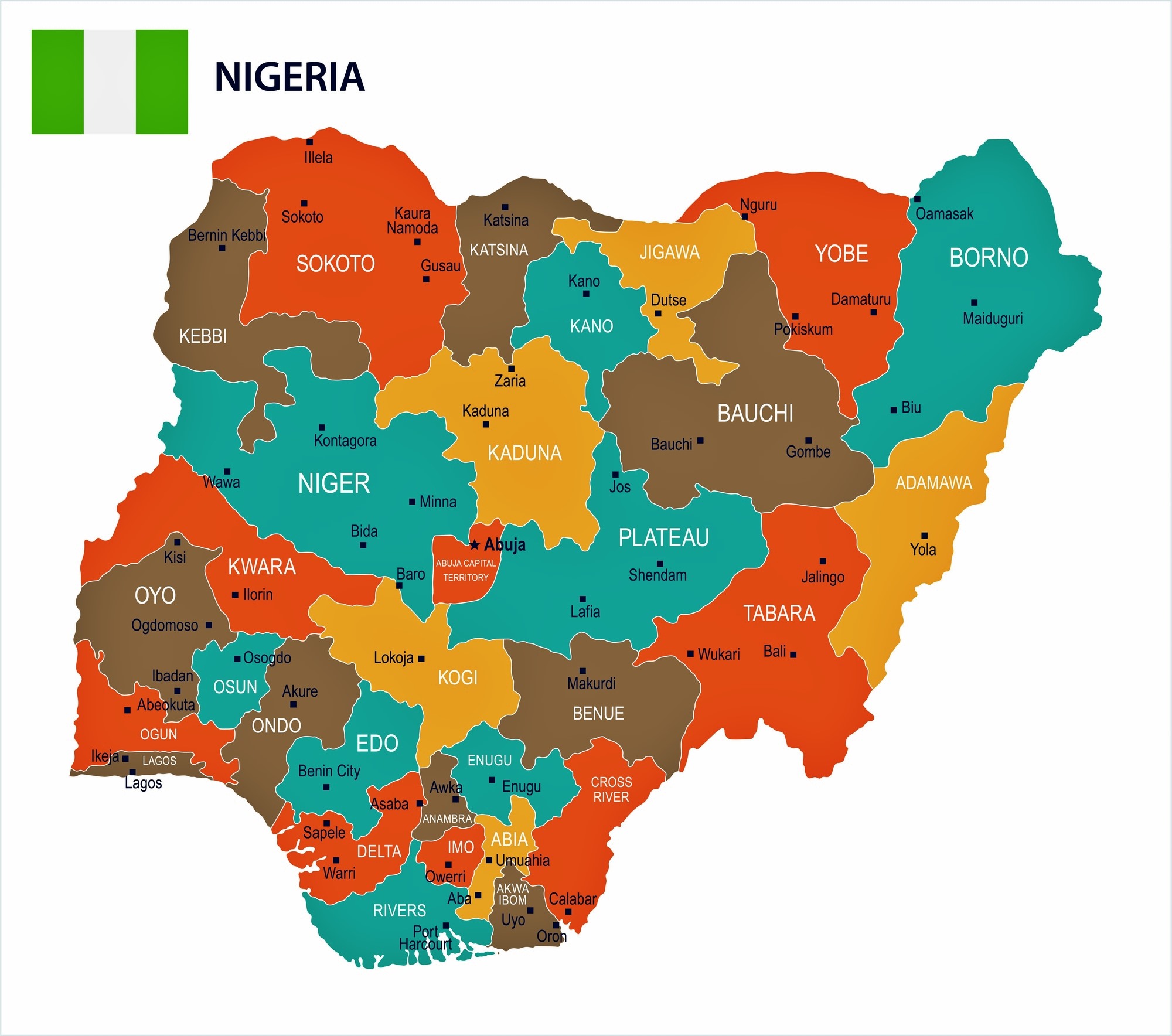Since the demise of our revered Ahmadu Bello – the Sardauna of Sokoto – the first and only Premier of Northern Nigeria, the region has yet to produce a visionary and selfless leader of his calibre. The North, with its vast potential, continues to retrogress daily. In this time and era, very few leaders are committed to building primary schools in villages and remote areas. Most of the population still lives in penury, residing in thatched houses—conditions that should have been eradicated by now. Despite its potential to feed the entire country, the North’s people are facing hunger and deprivation.
The Sardauna’s North stands at a crucial crossroads. Plagued by poverty, insecurity, and chronic inequality, the region’s challenges are multifaceted and deeply rooted. It is time for the influential leaders of Northern Nigeria to forge a consensus that prioritises the well-being of the people and the stability of the region. The North of Ahmadu Bello, once a beacon of hope and progress, is continuously retrogressing each day.
It is true poverty remains a pervasive issue in Northern Nigeria. Despite the region’s vast agricultural potential and rich cultural heritage, many of its inhabitants live below the poverty line. According to the National Bureau of Statistics, the North West and North East zones have some of the highest poverty rates in the country. This economic disparity is a breeding ground for social unrest and disenchantment.
Addressing poverty requires a multifaceted approach. First, there must be a concerted effort to improve access to education. Illiteracy rates in the North are significantly higher than in other parts of Nigeria. An elite consensus on prioritising education can lead to increased investment in schools, teacher training, and educational infrastructure. By ensuring that every child has access to quality education, the region can lay the groundwork for a more prosperous future in the interest of all.
- LG polls: Opposition kicks as state electoral bodies impose new fees
- Issues as Senate probes petroleum sector
For instance, one of the fundamental pillars of Ahmadu Bello’s vision for Northern Nigeria was the establishment of a strong educational foundation. However, the current state of education in the North is disheartening. In many villages and remote areas, primary schools are either non-existent or severely underfunded. Children are deprived of basic education, perpetuating a cycle of poverty and ignorance. Northern elite must champion a comprehensive education reform agenda. This includes building more schools, providing scholarships, and enhancing vocational training programmes to equip young people with the skills needed for the modern economy.
The neglect of education is a significant factor contributing to the region’s backwardness. Without a solid educational foundation, the youth are ill-prepared to compete in a rapidly evolving global economy. An educated population is essential for fostering innovation, entrepreneurship, and economic growth. Northern leaders must recognise that investing in education is not merely an act of charity but a strategic imperative for regional development for today and the future generations.
It is the fact, insecurity in Northern Nigeria has reached alarming levels. The region has become synonymous with violent insurgencies, banditry, and kidnappings. The human and economic costs are staggering, with thousands of lives lost and communities displaced. Security challenges are not just a regional concern but a national one, as instability in the North affects the entire country.
An elite consensus on security is imperative. The central government and the northern leaders must work together to support and enhance security measures, including increased funding for the military and police forces at states and local levels. There should also be a focus on community-based approaches to security, involving local leaders and youth in peace-building initiatives. Some states are attempting this, though with limited success.
The persistent insecurity in the North in particular and Nigeria in general is a significant impediment to progress. Insurgent groups exploit the region’s vulnerabilities, capitalising on poverty, unemployment, and disenfranchisement to recruit and radicalise young people. The resulting violence and instability deter investment, disrupt economic activities, and exacerbate human suffering as witnessed in the states such as Borno, Katsina, Zamfara among others.
To address this issue, Northern leaders must adopt a holistic approach to security. This includes not only strengthening military and police capabilities but also addressing the underlying socio-economic factors that fuel insecurity. Community engagement is crucial in building trust between security forces and local populations. Northern leaders should also explore alternative dispute resolution mechanisms that involve traditional and religious leaders in conflict resolution processes.
An elite consensus must prioritise economic policies that promote inclusivity. This can includes supporting small and medium-sized enterprises (SMEs), improving access to finance for entrepreneurs, and investing in infrastructure that connects rural areas to markets. By creating an environment where everyone has a fair chance to succeed, the region can move towards a more equitable society.
The economic potential of Northern Nigeria is immense, but it remains largely untapped due to systemic inequalities. The region is blessed with fertile land, abundant natural resources, and a youthful population. However, these assets are underutilised, and economic activities are hindered by inadequate infrastructure, limited access to credit, and a lack of supportive policies.
To bridge the inequality gap, northern leaders must prioritise economic diversification. This involves moving beyond subsistence agriculture to develop industries such as technology, manufacturing, and services. Investing in infrastructure, such as roads and electricity is essential for unlocking the region’s economic potential. Sadly, some of our governors have prioritised building bridges in places where they are not necessary. The focus must be on human capital development. Local governments must also take the lead in constructing primary schools and training teachers.
Supporting SMEs is another critical component of promoting economic inclusivity. SMEs are the backbone of any economy, creating jobs and driving innovation. Northern elites should facilitate access to finance, provide business development services, and create an enabling environment for entrepreneurship to thrive.
A plan of action must include a comprehensive education reform agenda, economic empowerment through diversification, enhanced security measures, and social welfare programmes aimed at the most vulnerable populations. For instance, achieving an elite consensus requires strong political will and leadership. Northern leaders must set aside personal and political differences to work towards a common goal of regional stability and development.
It is apparent that something tangible must be done to ameliorate the situation. Although the region – northern states – is not very rich, there is still something that can be done. The concern is that very few of the northern elite, like Vice President Kashim Shettima and a few others, recognise the looming danger, the ‘time bomb’ that the North is sitting on.
The challenges facing Northern Nigeria are immense, but they are not insurmountable. By forging an elite consensus that prioritises education, security, and economic inclusivity, the region can chart a path towards sustainable development. It is time for Northern Nigeria’s leaders to rise to the occasion, demonstrating the vision and commitment needed to transform the region for the better. The legacy of Ahmadu Bello demands nothing less.
It is also important to remember and express deep gratitude to our founding fathers. If they hadn’t been extraordinary, we wouldn’t have enjoyed the exceptional success and education we have today.
The legacy of Ahmadu Bello calls for nothing less than a concerted effort to transform the region for the better. It is time for Northern Nigeria’s leaders to rise to the occasion and forge a brighter future for their people.
Adam, Ph.D. wrote from Abuja

 Join Daily Trust WhatsApp Community For Quick Access To News and Happenings Around You.
Join Daily Trust WhatsApp Community For Quick Access To News and Happenings Around You.